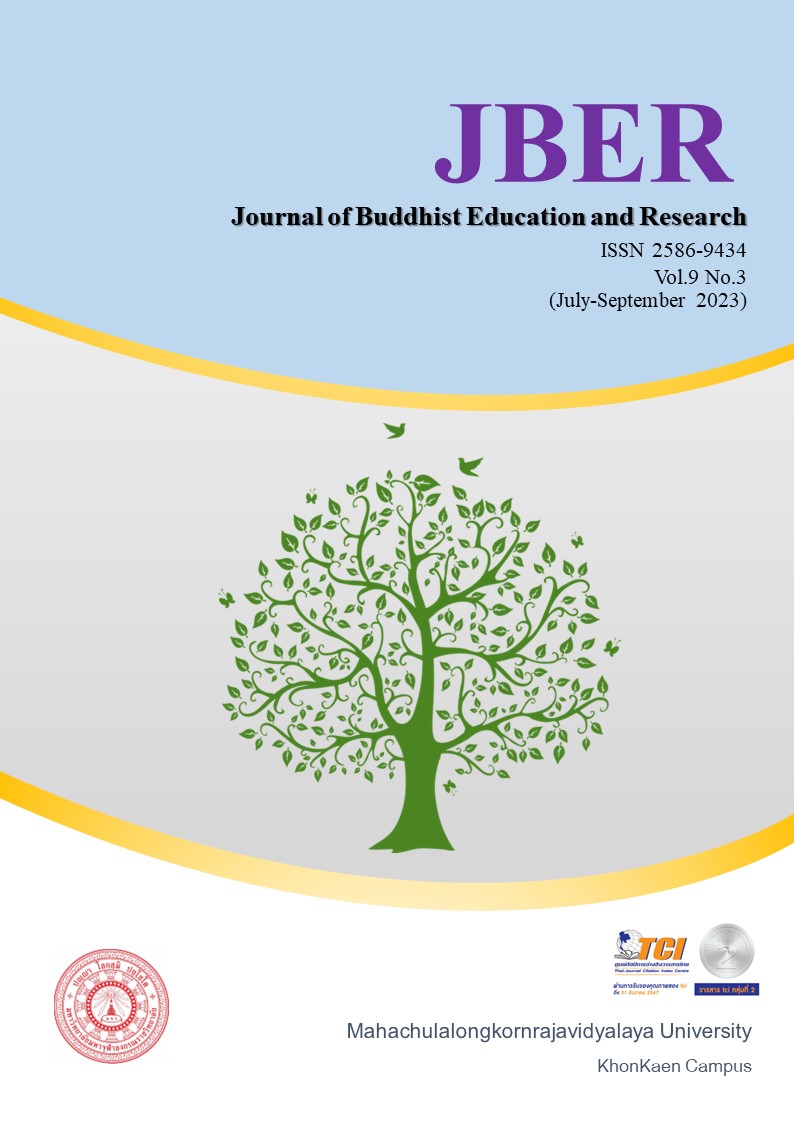THE FEASIBILITY STUDY OF THE PROJECT OF GROWING ORGANIC SALAD BY USING SMART FARMING SYSTEM
Keywords:
Marketing Feasibility analysis; financial feasibility analysis; organic salad; smart farmAbstract
The Purposes of this research were 1) to study Marketing Feasibility 2) and to study the financial feasibility of the Project of Growing Organic Salad by Using Smart Farming System. The project location is in Nakhonratchasima province using the interview method and aggregated data from documents research for studying the feasibility of the project.
The results of Marketing Feasibility from diamond model potential are quite high. The strengths of the project is production technology. The weakness of the project is the cost of imported innovations and technologies is quite high. Which is addition, the opportunity of this project is the market Which has a demand for the product as a result, The trend of sales has improved and the obstacle is quite a lot of substitute products. There are four key strategies. Firstly, proactive strategy; the added value of the output must be created to increase the business's revenue or group with the same business to enhance the bargaining power of the market. Secondly, defensive strategy; Vegetables are needed to be processed in to other products to create added value. Thirdly, remedial strategy; to use knowledge exchange groups between vegetable growers as a source of advice. Finally; passive strategies; there should be a training to educate employees so that employees are able to have basic knowledge of maintenance and take care of the potential system. The financial Feasibility analysis in the net present value of 5,364,939 The benefit cost ratio of 1.7 The rate of return obtained from investing in the project was 38.45%. Payback Period is 3.1 years. The switching value tests showed that the business was still operating as long as the cost does not increase by more than 70.1% and revenue does not decrease by more than 41.2% Therefore, when considering the feasibility analysis of all 2 investment types, it can be concluded that the project is suitable and worth the investment.
References
สุมาลี สันติพลวุฒิ และคณะ. 2554. โครงการยกระดับผู้ประกอบการ OTOP ที่มีศักยภาพก้าวไปสู่ SMEs กิจกรรมการประเมินศักยภาพและการจัดทำแผนพัฒนา. ศูนย์วิจัยเศรษฐศาสตร์ประยุกต์ มหาวิทยาลัยเกษตรศาสตร์.
ธนาคารกรุงเทพ. (2562). Smart Farming จุดเปลี่ยนประเทศไทย. สืบค้นเมื่อ 21 พฤษภาคม 2563. จาก www.bangkokbanksme.com/en/smart-farming-thailand.
ธนาคารกสิกรไทย. (2561). ตลาดออร์แกนิค ธุรกิจสร้างเงิน SME ไทย. สืบค้นเมื่อ 25 พฤษภาคม 2563. จาก www.kasikornbank.com/th/business/sme/ksmeknowledge/article
ธนาคารเพื่อการเกษตรและสหกรณ์การเกษตร. (2563). อัตราดอกเบี้ยเงินกู้. สืบค้นเมื่อ 25 พฤษภาคม 2563. จาก www.baac.or.th/th





